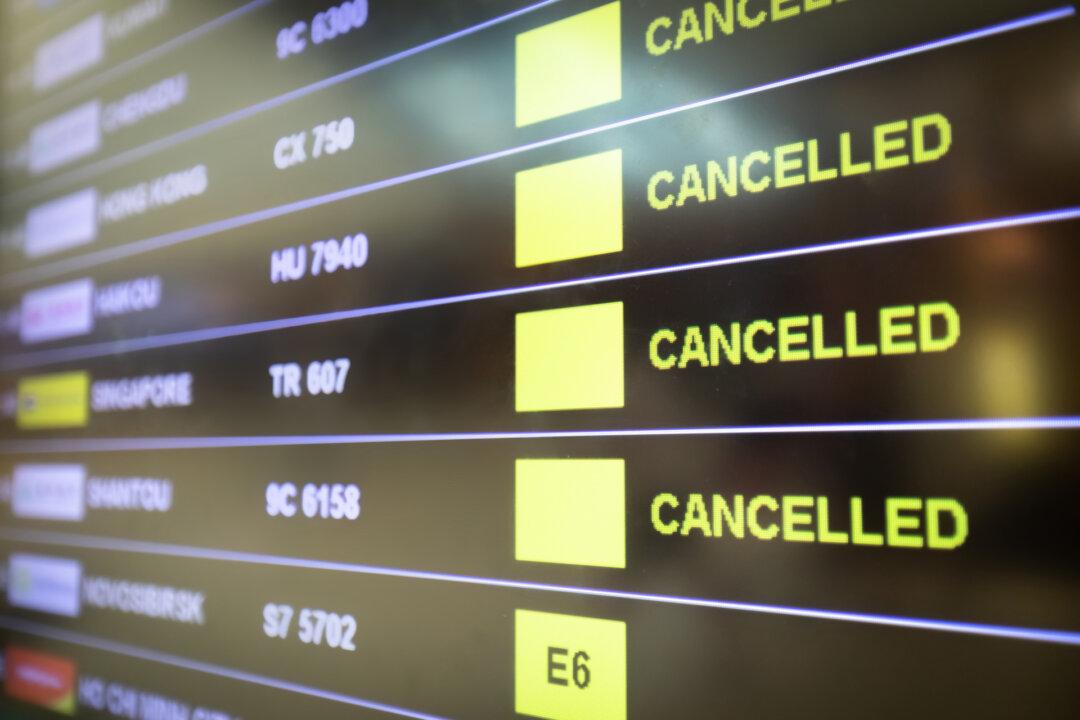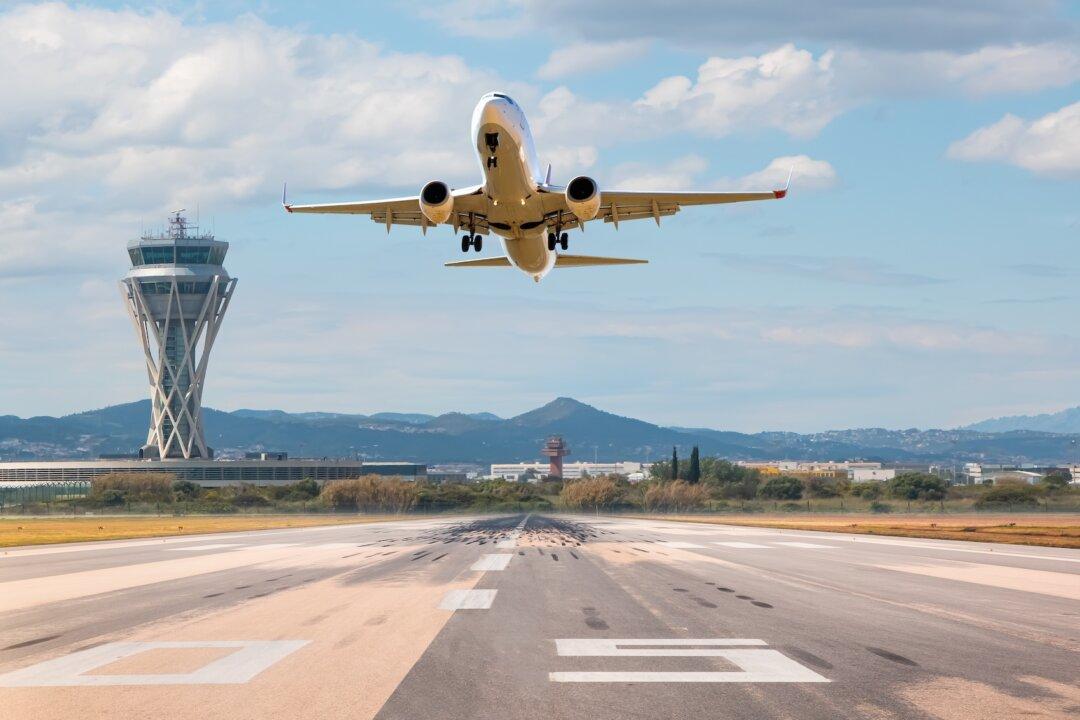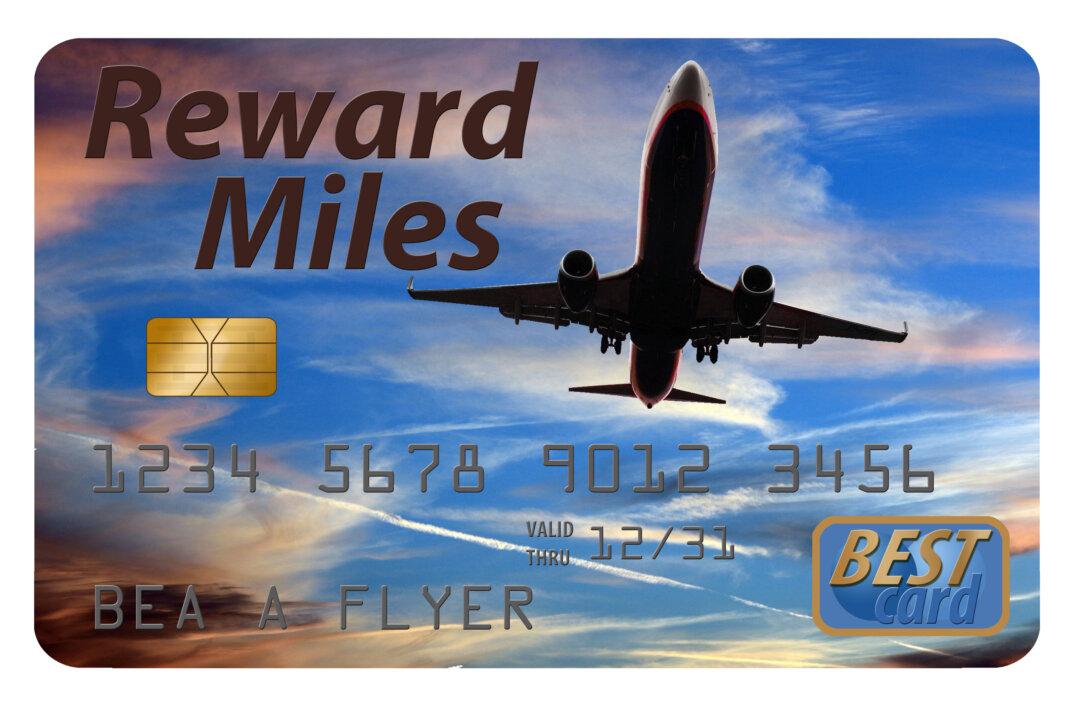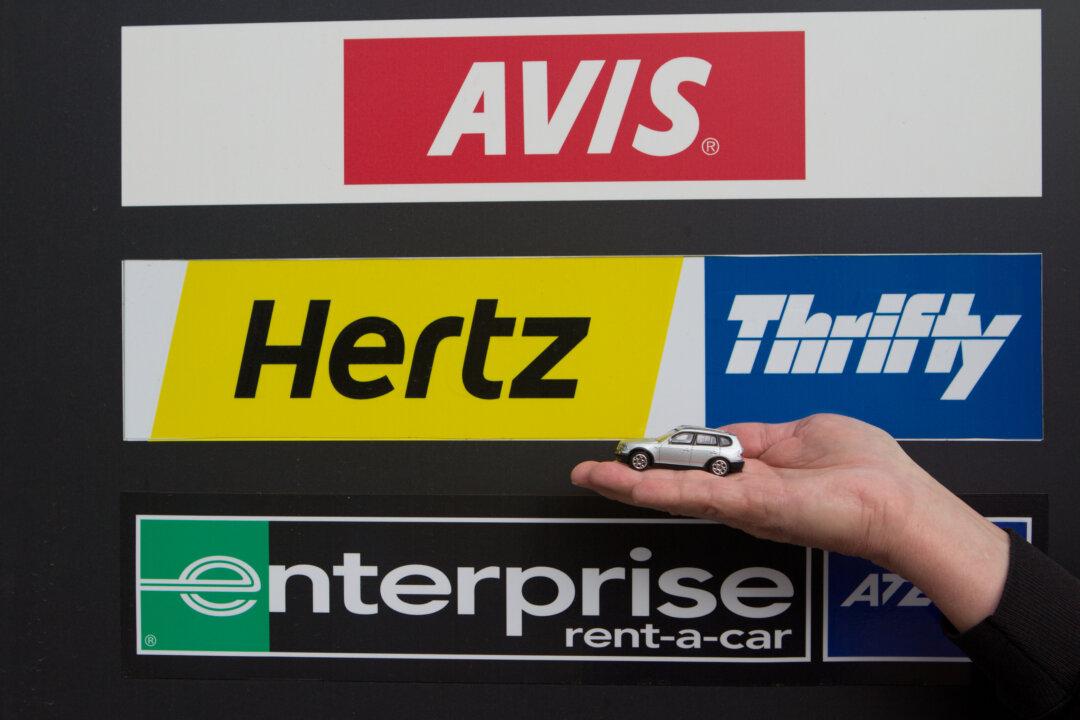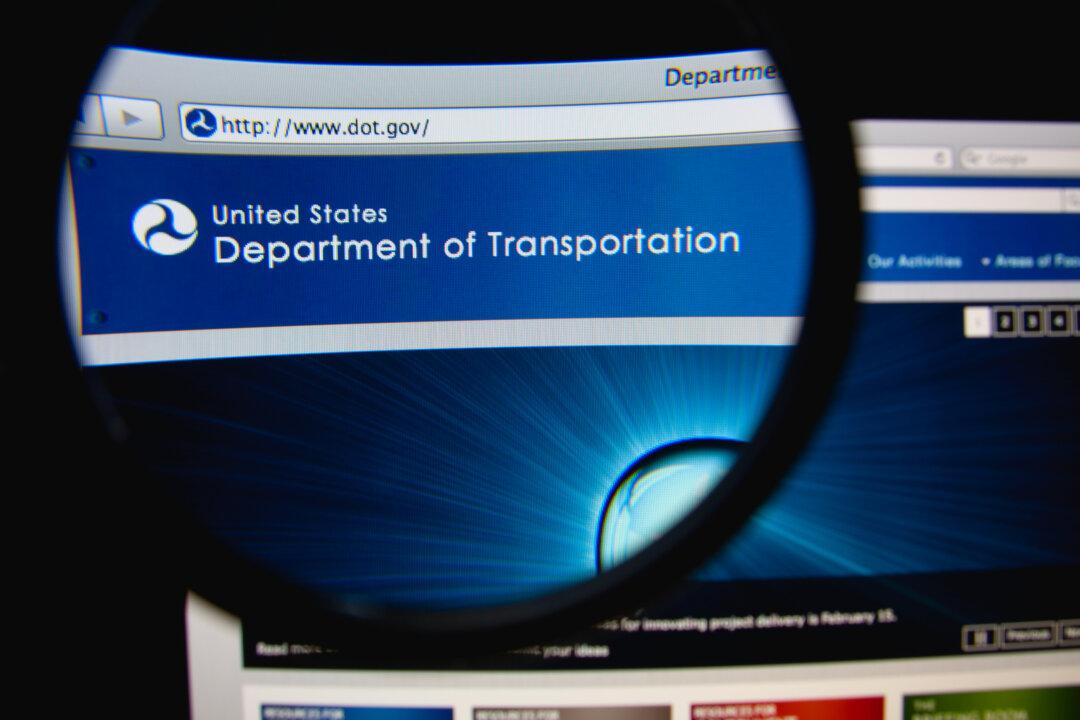You either experienced the July airline meltdown or read about or viewed some of the grief it caused, and you’re wondering what to do to make it easier if it happens again. The short answer is “not much.” It seems that airline computer systems are not the most robust on the planet, and if they’re down, you can’t even reach the airline to try to arrange a fix. You have to wing it—not a very helpful suggestion, but a realistic one.
In reviewing your options, start with figuring out exactly what your airline owes you. And here, the airlines draw a big distinction between difficulties caused by something within their control and those caused by some external cause. Specifics are included in each airline’s contract of carriage, but the Department of Transportation (DoT) conveniently posts a “dashboard“ showing what each of the 10 large domestic scheduled lines and their regional partners offers in the event of significant controllable cancellations and delays. DoT defines a significant delay period of three hours. All lines promise to rebook you on one of their own flights and all promise a meal or meal voucher. All except Frontier promise a hotel room if the delay extends overnight.

